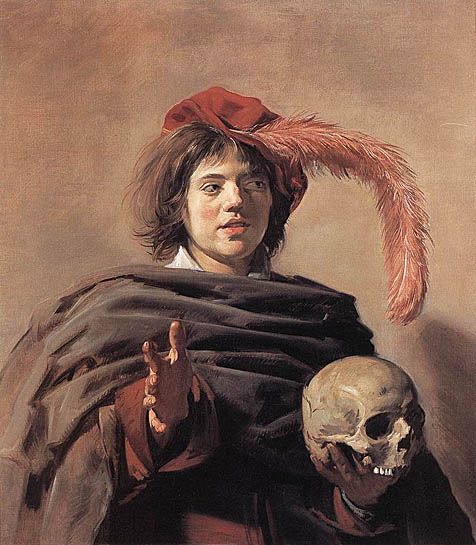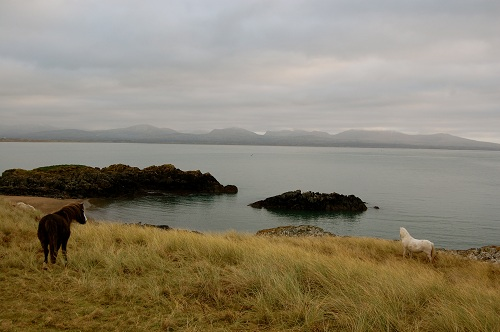E.H. Carr might not be a familiar name, even to some historians. Carr passed away in 1982, and most of his works have not made it to ebook format (or they are at least not widely available as such). Yet, Carr’s work and legacy are crucial to answering the question every historian is asked constantly and often dreads to answer: why study history?
Carr had to come to answer that question throughout a life not devoted to studying history. After studying Classics at Trinity College, Carr worked for the British Foreign Office as the First World War tore apart Europe. He was present in Paris in 1919 when the infamous Treaty of Versailles was crafted and became disenchanted with the Liberal party, which helped create the treaty. However, he remained under the Foreign Office and was excited to work with the League of Nations, which he hoped would succeed in guaranteeing peace despite the harsh treaty. For this post, Carr was stationed in Riga, which had recently broken away from the Russian Empire and the German Empire and had suffered horrific violence during the World War and the Russian Civil War. In Riga, Carr came into contact with the subject that would become the main focus of his life’s work: Russian literature, culture, language, and, most importantly for Carr’s later work, Russian politics. Carr studied Russia at the same time he was watching Europe fall apart again.
By the time the Second World War began, Carr had begun working as a foreign policy professor, but as the war went on, Carr shifted his views. As his politics changed, so did his view of why history was important. When the war ended, Carr undertook his most remarkable feat: to write the definitive history of the Soviet Union, beginning with the Russian Revolution, in the English language. This history was not only expansive (it ended up as a 14-volume series), but unlike most histories of the USSR in English, it was written without condemnation of the Bolsheviks and with a human understanding of the people of Russia. Carr treats his subjects, not as horrible Reds (as the Red Scare propaganda portrayed them in more mainstream histories) but as a people who had decided to take part in, what Carr considered, the greatest experiment in human history. Through his study of Russia and the world after World War Two, Carr became a radical, rejecting his more conservative views in the past and embracing the ideas of Marx. He used as many outlets as he could to call for Britain to commit to democracy and equality (these outlets included a radio program and a previously relatively conservative newspaper).
While Carr’s work on the Soviet Union was and continues to be hugely impactful on the study of the USSR in the English-speaking world, Carr’s legacy and his answer to why we study history is found in his work What is History? A far cry from a 14-volume set, What is History? runs just over 150 pages, yet it represents the synthesis of his life’s work and his greatest contribution to the field of history. In this book (formed from a collection of lectures he had delivered), Carr proposed an understanding of what history is and, in doing so, explained why history needs to be studied.
What is history?” Carr concludes at the end of the first chapter, “it is the continuous process of interaction between the historian and [their] facts, an unending dialogue between the past and present.”[1] Carr adds, “Good historians, I suspect, whether they think about it or not, have the future in their bones. Besides the question ‘why?’ the historian also asks the question ‘Whither?’”[2] For Carr, history does not live in books, although facts, and even what he terms “historical facts,” maybe within them. History, for Carr, is the science of society in the present looking to the past not only to remember where it came from but also to “find and accept a sense of direction.”[3]
Change is why I study history and why Carr came to understand history as so important to humanity. Carr believed that history (when properly done) was a record of change and a guide map to future change. In the same way, as societies change, their history changes with them. Not the facts, nor the historical facts, but the way we think about history as a society and the lessons we need from it will continually change. History needs to be constantly studied, constantly interacted with to exist, and continue providing lessons. Historians with “the future in their bones” must continue to look to the past with a scientific mind. This alone can give the world an idea for change in the future. History is progress; if we do not want a static society, we must study history.
[1] E.H. Carr. What Is History? Victoria, Australia: Penguin Books, 2008, 30.
[2] Carr. What Is History?, 108.
[3] 3 E.H. Carr. What Is History? Victoria, Australia: Penguin Books, 2008, 132.



